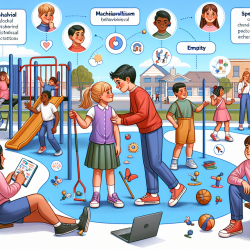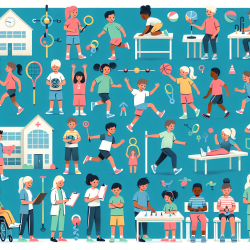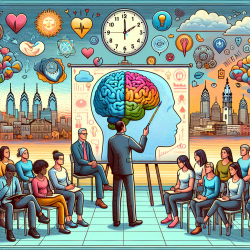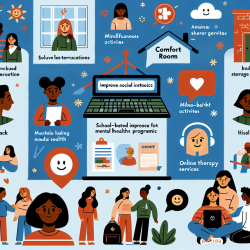Understanding Machiavellian Traits in Children to Improve Peer Interactions

Understanding the complexities of children's social interactions can significantly improve the effectiveness of online therapy services provided to schools. The research article "Why Machiavellianism Matters in Childhood: The Relationship Between Children's Machiavellian Traits and Their Peer Interactions in a Natural Setting" provides valuable insights into how Machiavellian traits influence peer interactions among children. This blog will explore key findings from the study and suggest practical ways for practitioners to apply these insights to enhance their skills.
Key Findings from the Research
The study observed 34 primary school children over a full school year to understand the relationship between Machiavellian traits and peer interactions. Here are some notable findings:
- Boys: Higher levels of Machiavellianism were associated with increased direct and indirect aggression. Boys with these traits also showed a greater tendency to accept peers into their social groups.
- Girls: Machiavellian traits in girls were linked to less time engaging in indirect aggression and lower levels of social acceptance and rejection behaviors.
- Social Monitoring: Contrary to expectations, Machiavellian traits were not significantly related to social monitoring behaviors in either boys or girls.
Practical Applications for Practitioners
Understanding these dynamics can help practitioners tailor their approaches to better support children with Machiavellian traits. Here are some strategies:
- Behavioral Interventions: Focus on reducing aggressive behaviors in boys by promoting prosocial interactions and conflict resolution skills.
- Social Skills Training: Encourage girls to engage in positive social interactions by developing their empathy and cooperative skills.
- Observation and Monitoring: Utilize observational methods to identify children displaying Machiavellian traits and tailor interventions accordingly.
Encouraging Further Research
The study highlights the need for further research to explore the complexities of Machiavellian traits in children. Future studies should consider larger sample sizes, different age groups, and additional measures such as verbal interactions and personality traits.
Conclusion
Understanding the impact of Machiavellian traits on children's peer interactions provides valuable insights for practitioners working in online therapy. By applying the findings from this research, practitioners can develop more effective interventions to support positive social development in children.To read the original research paper, please follow this link:
Why Machiavellianism Matters in Childhood: The Relationship Between Children's Machiavellian Traits and Their Peer Interactions in a Natural Setting.
Citation: Abell, L., Qualter, P., Brewer, G., Barlow, A., Stylianou, M., Henzi, P., & Barrett, L. (2015). Why Machiavellianism matters in childhood: The relationship between children's Machiavellian traits and their peer interactions in a natural setting. Europe's Journal of Psychology, 11(3), 484-493. https://doi.org/10.5964/ejop.v11i3.957










